Concussion and brain trauma are emotive subjects in sport. As research continues to uncover the impact that traumatic head injuries have, discussions about safety and the long term health of players will only get louder. In the USA, as early as 1906 doctors were publishing papers highlighting the dangers of concussion linked to playing American Football. Ongoing research that identifies a link between heading and dementia in football draws major attention here in the UK. Additionally, a recent legal case brought against the RFU, WRU and World Rugby alleging failure to protect against the risk of concussion will have serious ramifications for the game no matter what the outcome.
Jonny Sexton received an apology from a doctor who speculated as to the extent of concussions he has suffered during his career
Sport is now taking the issue of concussion and traumatic brain injuries very seriously and trying to tackle the problem. Today, 24th March 2021, new research from the University of Birmingham has been released that demonstrates how saliva testing can be used to help diagnose concussion in professional rugby. The use of saliva testing isn't new in sport, back in 2016, SSA blogged about the increased risk of illness associated with football’s congested Christmas period linked to biomarkers found in the saliva of players, but this new research has found markers that predict concussion with a 94% accuracy rate.
This research is particularly important for the sport as the current protocols for assessing head injury require player honesty and cooperation even if they know that their answers might result in them being taken out of the game. The future of these developments should mean that using a rapid saliva test will give medical teams independent verifiable data to help make even more accurate decisions about the safety of players in-game or training situations.
Sports marketing has traditionally stayed away from the concussion conversation. Leaving player welfare and safety to the experts is always a wise decision. However, as the drive for more insight and data comes from fans and broadcasters the industry could find itself central to conversations in terms of technological innovations that pave the way for greater player care.
Wearables are increasingly common in sport. The demand for the data they provide is forcing international governing bodies to examine rules, allowing for greater access to player and performance data. These, often commercial, conversations could act as a Trojan horse for medical teams, allowing them to push for the inclusion of welfare-based metrics into any new ingame wearables. One company that is spearheading this approach is OPRO, the market leading gum shield provider. They have partnered with HITIQ, to imbed sensors inside their mouth guards and therefore directly into the heads of players. The aim is to offer the most comprehensive understanding of concussion incidence across rugby and other contact and combat sports.
If major governing bodies are serious about player welfare, the options for equipment partners, wearable providers and tech based sponsors could lie in the additional technological approaches they can provide to improve player safety. Linking back to the saliva testing and the Birmingham findings, we could see even more dramatic changes as the technology continues to evolve. As we have said, OPRO and HITIQ are already placing chips inside their gumshields, could saliva sensors be next? Gatorade recently released its own Gx patch which can be worn to assess sodium and other ions within sweat to help determine perfect hydration throughout play. Now researchers have identified key biomarkers linked to concussion, this could lead to continuous real-time medical monitoring of players. Such technology would allow coaches and medical staff to remove players from games if they see a spike or increase in biomarkers, therefore protecting them from a full concussive event. In combat sports such as boxing or UFC, it could remove the need for a knockout blow or referee intervention. Live data could be available to judges and the referees with a threshold level set past which a fighter is no longer allowed to continue on safety grounds.
Concussion and head injury in sport will continue to be difficult subjects. Authorities must first try to prevent concussive events in sport and balance player welfare with the physicality, tradition, health benefits and entertainment of playing sports that millions love. As we have often seen in rugby, safety considerations have to be taken out of players' hands and medical teams must step in to make essential calls. New research and new technologies can help doctors make better decisions. Now marketing needs to accelerate the adoption of these technologies and practices to make sport safer for all.…
Sport Science Agency uses its insight and expertise to tell performance stories and unlocks their value for brands, broadcasters and rights holders. To see some of our work click here If you want to know more about what we can do for you, drop us a note via info@sportscienceagency.com and we can arrange to go for a healthy vitamin packed drink.

